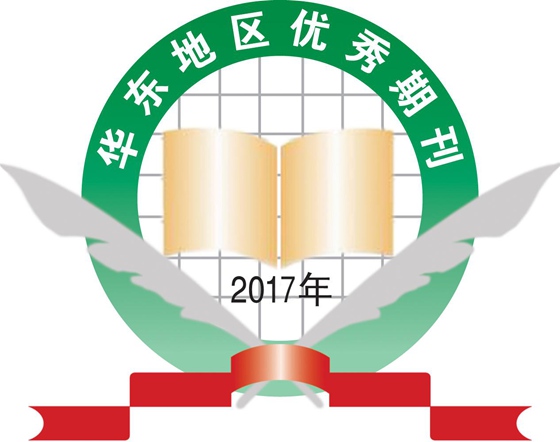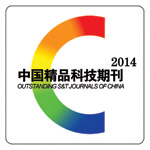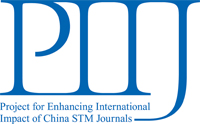Background
Depression in patients with Parkinson’s disease (dPD) is related closely to quality of life. Current studies have suggested that Pingchan granule (PCG) might be effective for treating dPD.
Objective
This study determines the efficacy of PCG for depressive symptoms in Parkinson’s disease (PD).
Design, setting, participants and interventions
This was a randomized, double-blind, placebo-controlled trial, conducted in Longhua Hospital, Shanghai, China. Patients diagnosed with idiopathic PD and clinically significant depressive symptoms (defined by a 24-item Hamilton Rating Scale for Depression [HAM-D] score ≥ 8) were included in this study, followed for 24 weeks and randomly assigned to PCG or placebo treatment groups in a 1:1 ratio.
Main outcome measures
The primary outcome was the change from baseline to week 24 in HAM-D score among the set of patients who completed the study following the treatment protocol (per-protocol set). Secondary outcomes included changes in scores on the Unified Parkinson’s Disease Rating Scale (UPDRS) part 2 (UPDRS-II), UPDRS part 3 (UPDRS-III), Parkinson’s Disease Sleep Scale (PDSS) and Hamilton Rating Scale for Anxiety (HAM-A), between baseline and week 24.
Results
Eighty-six patients were enrolled, and 85 patients were included in the per-protocol set. HAM-D scores decreased by an adjusted mean of 11.77 (standard error [SE] 0.25) in the PCG group and 3.86 (SE 0.25) in the placebo group (between-group difference = 7.91, 95% confidence interval [7.22, 8.80], P < 0.001), in the multivariable linear regression. Improvements in scores on the UPDRS-II, UPDRS-III, PDSS, and HAM-A scales were also observed.
Conclusion
Treatment with PCG was well tolerated and improved depressive symptoms and motor and other non-motor symptoms in PD.
Trial registration
Chinese Clinical Trial Register, ChiCTR-INR-17011949.
 Table of Content
Table of Content














